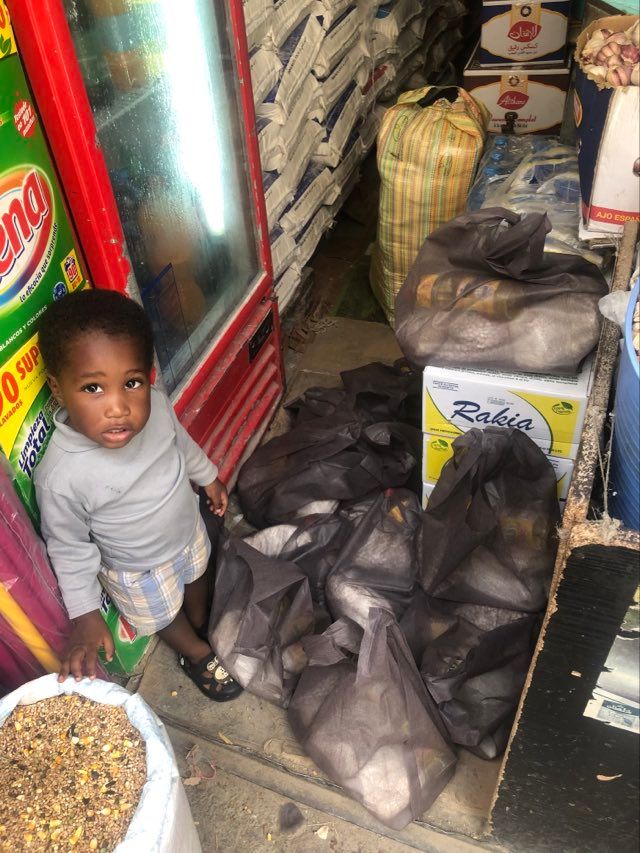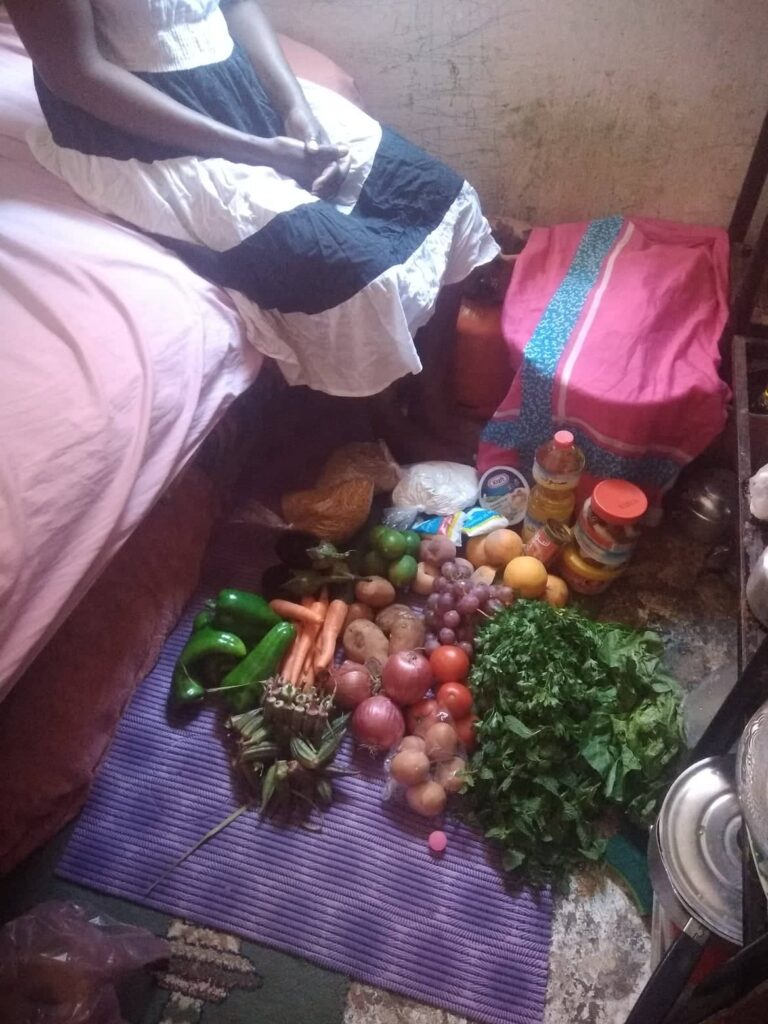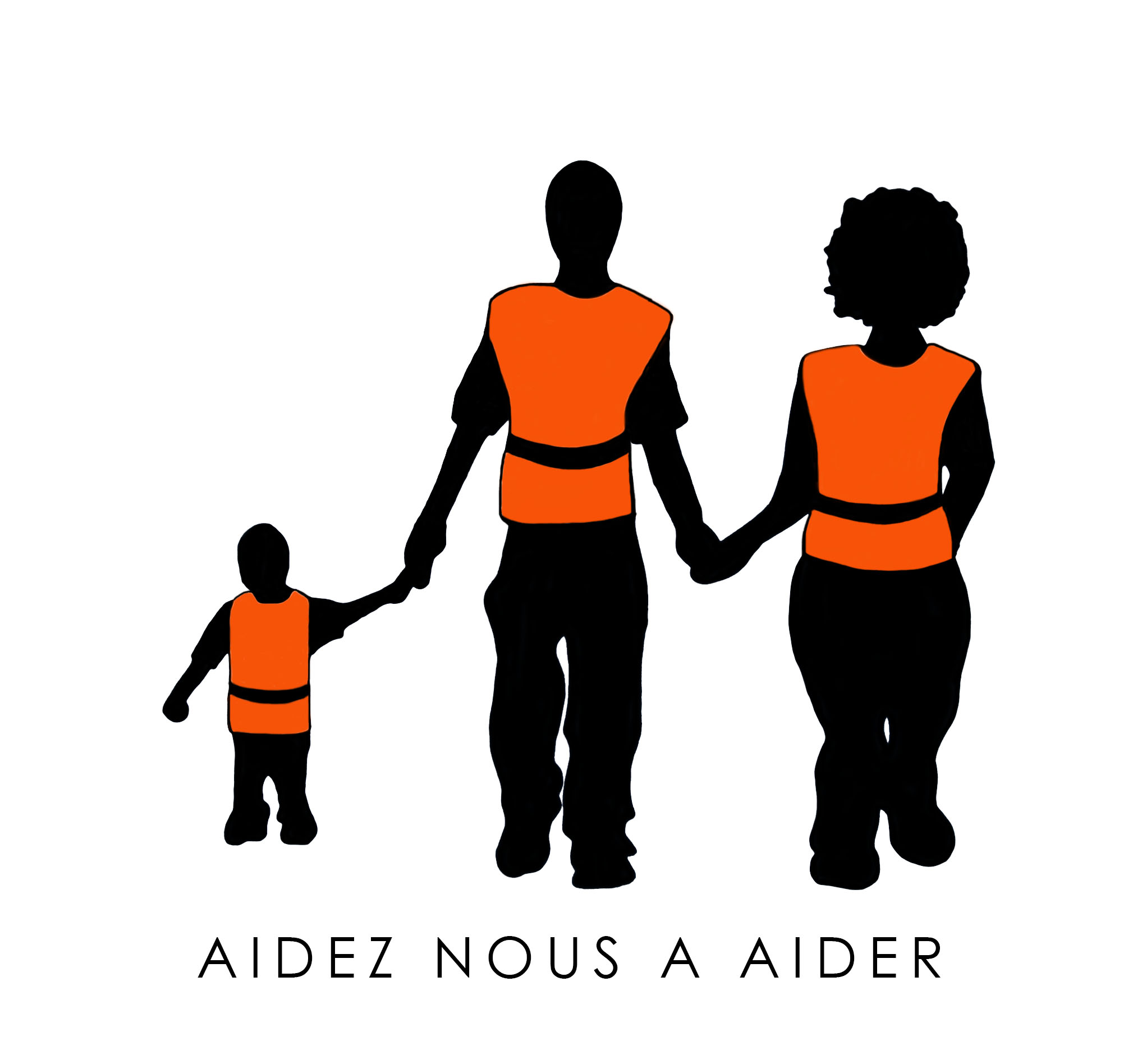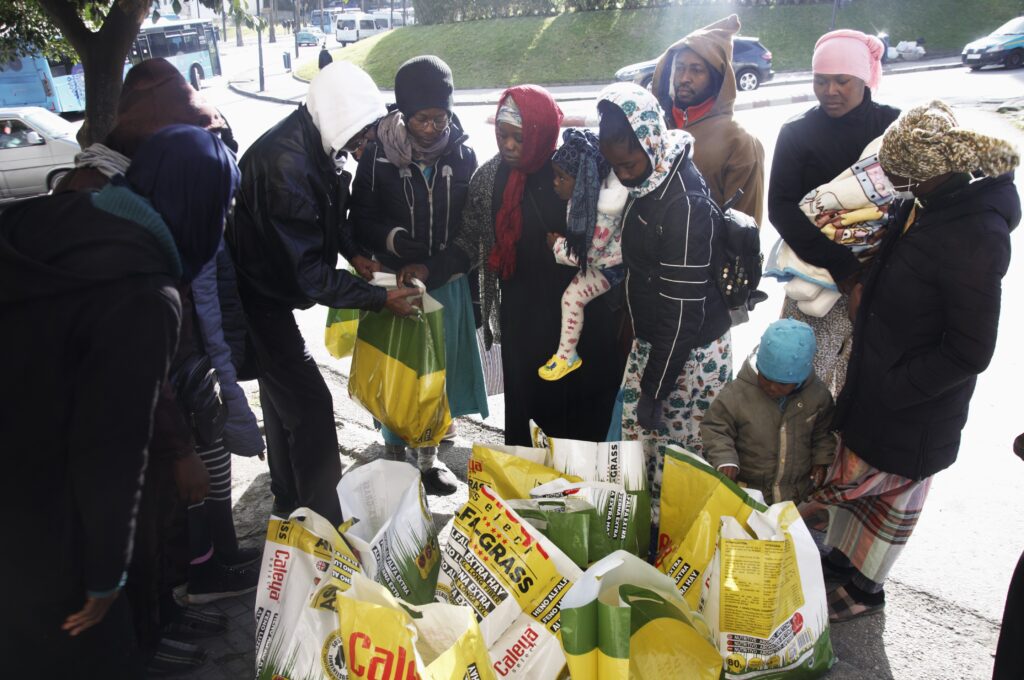
Food insecurity is a significant issue in Morocco, particularly for migrants and refugees who often face significant economic and social challenges. Many migrants in Morocco come from sub-Saharan Africa and have limited access to resources and support services, including food.
Food security for migrants in Morocco is important because it ensures that they have access to safe, nutritious, and sufficient food to meet their dietary needs. Food security is a basic human right, and without it, migrants may experience malnutrition, hunger, and other health problems.
Many migrants in Morocco are living in poverty and may not have the resources to purchase adequate food. By providing food security, migrants can reduce their food expenses and allocate their limited resources to other important expenses, such as housing and education.
Food security is often a key component of humanitarian aid programs that aim to support vulnerable populations, including migrants. By providing food aid to migrants in Morocco, aid organizations can help address immediate needs and promote long-term food security.
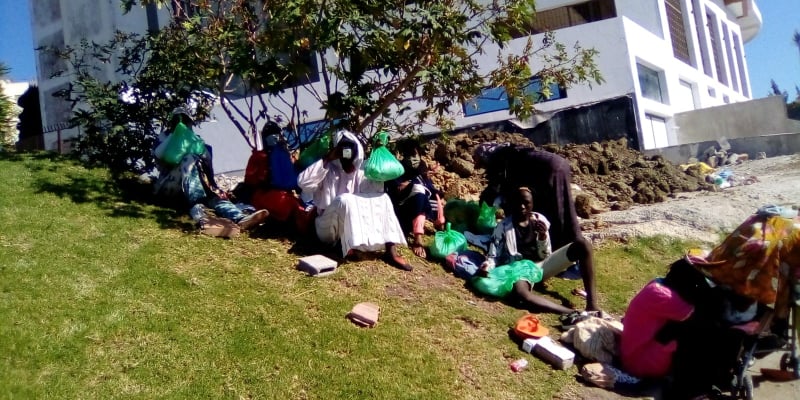
Food security is crucial for the health, economic stability, social cohesion, dignity, and humanitarian needs of migrants in Morocco. Ensuring food security for migrants is not only a basic human right but also a crucial step in promoting their overall well-being and successful integration into their new communities.
Food insecurity can negatively impact a migrant’s ability to find work and earn a stable income. Without access to proper nutrition, migrants may be less productive and more prone to illness, which can hinder their ability to support themselves and their families.
Having access to sufficient and nutritious food is a basic human right and is essential for maintaining human dignity. Food security can help ensure that migrants in Morocco are able to meet their basic needs and live with dignity.
